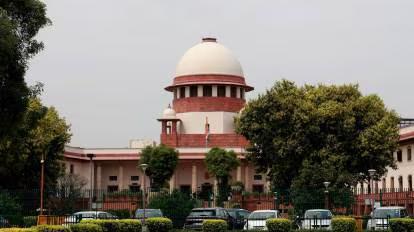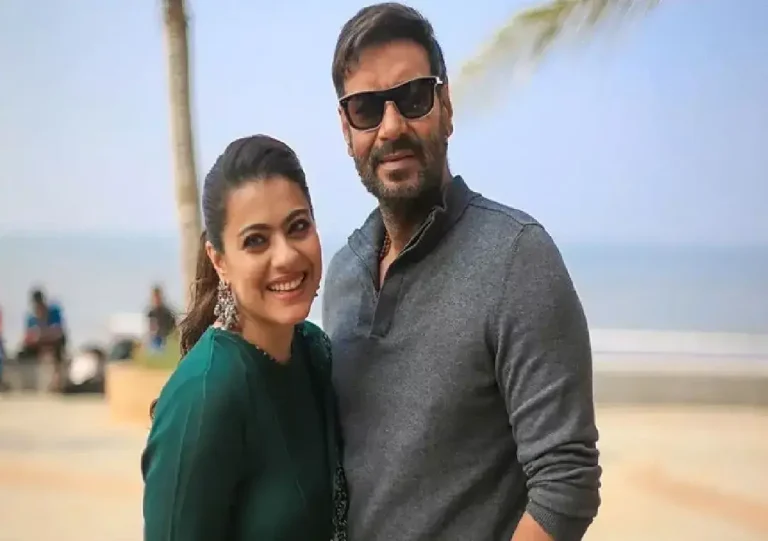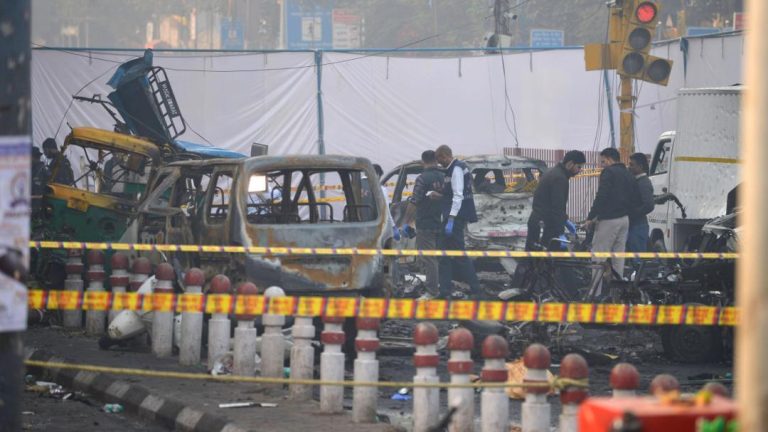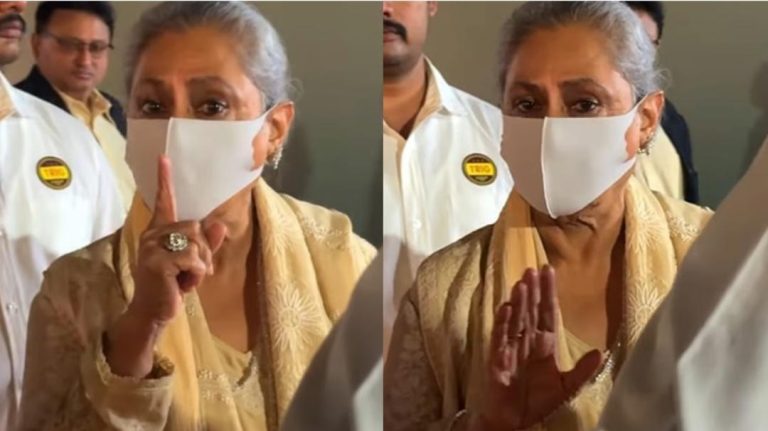
Scandalous, Contemptuous: SC on YouTuber’s Remarks Against Judges
In a recent development, the Supreme Court of India has initiated suo motu contempt proceedings against journalist and YouTuber Ajay Shukla for making defamatory remarks against a few apex court judges in his YouTube video. Chief Justice of India (CJI) BR Gavai has termed the remarks as “scandalous and contemptuous”, stating that they can bring disrepute to the institution of judiciary.
The issue came to light when a petition was filed by a lawyer, accusing Shukla of making baseless and offensive remarks against certain judges of the Supreme Court. The petition alleged that Shukla’s video was an attack on the integrity and reputation of the judges, and that it had the potential to erode public trust in the judiciary.
The Supreme Court, taking cognizance of the petition, has directed Shukla to take down the video from his YouTube channel and stop its further publication. The court has also ordered Shukla to appear before it on a specific date to explain his actions.
The suo motu contempt proceedings were initiated by the Supreme Court under Article 129 of the Constitution, which gives the court the power to punish for contempt. The court has also issued a show-cause notice to Shukla, asking him to explain why he should not be punished for contempt of court.
The remarks made by Shukla in the video were strongly condemned by the CJI, who said that they were “scandalous and contemptuous” and had the potential to bring disrepute to the institution of judiciary. The CJI also emphasized that the judiciary is an independent institution, and that any attack on it can have serious consequences.
The Supreme Court’s decision to initiate contempt proceedings against Shukla has sparked a debate on the issue of freedom of speech and expression. While some have argued that Shukla’s remarks were an exercise of his right to freedom of speech, others have argued that they were clearly defamatory and had the potential to harm the reputation of the judges.
The issue is not new, and there have been several instances in the past where individuals have made defamatory remarks against judges and other public officials. However, the Supreme Court’s decision to initiate contempt proceedings against Shukla sends a strong message that any attack on the judiciary will be taken seriously and will be dealt with accordingly.
The Supreme Court’s order has also raised questions about the role of social media in spreading misinformation and disinformation. Social media platforms have become an important source of news and information for many people, and they have the power to shape public opinion. However, they also have the potential to spread misinformation and disinformation, which can have serious consequences.
The issue of social media regulation is a complex one, and there is no easy solution. However, the Supreme Court’s decision to initiate contempt proceedings against Shukla highlights the need for greater regulation of social media and greater accountability of social media platforms.
In conclusion, the Supreme Court’s decision to initiate contempt proceedings against Shukla is a significant development, and it sends a strong message that any attack on the judiciary will be taken seriously and will be dealt with accordingly. The issue highlights the importance of maintaining the independence and integrity of the judiciary, and the need for greater regulation of social media and greater accountability of social media platforms.






